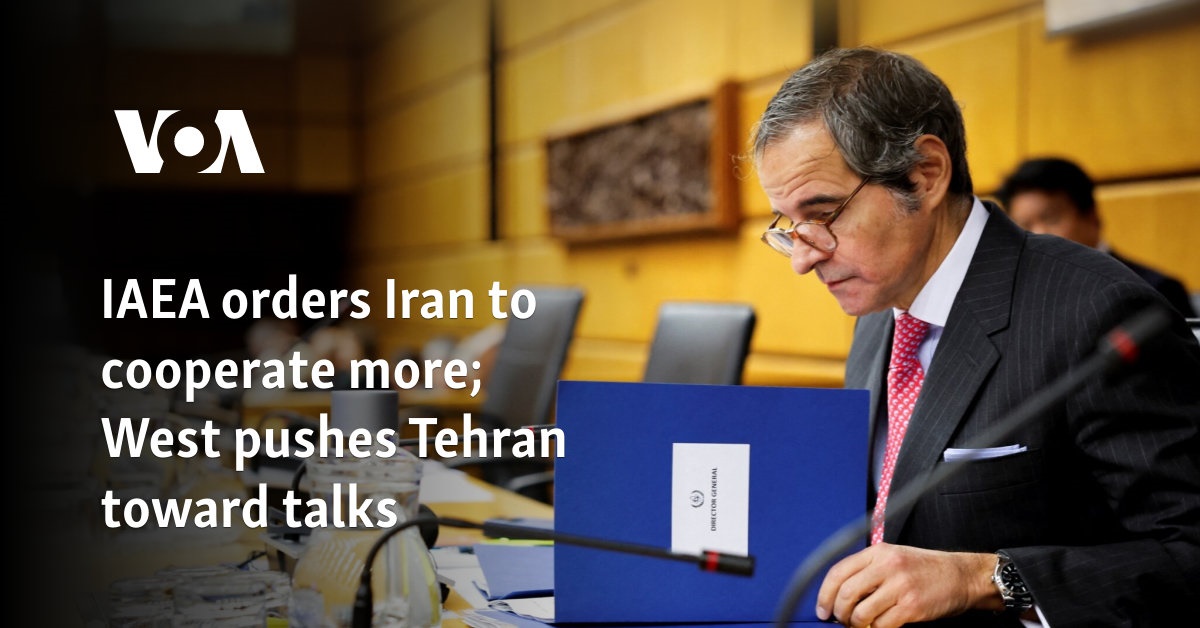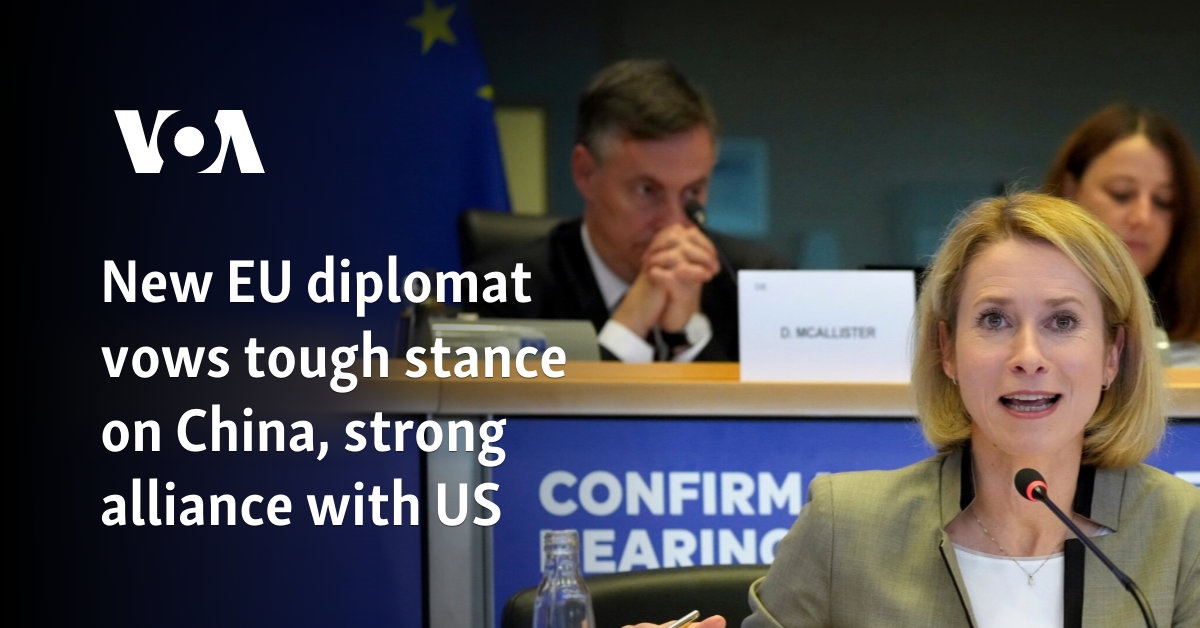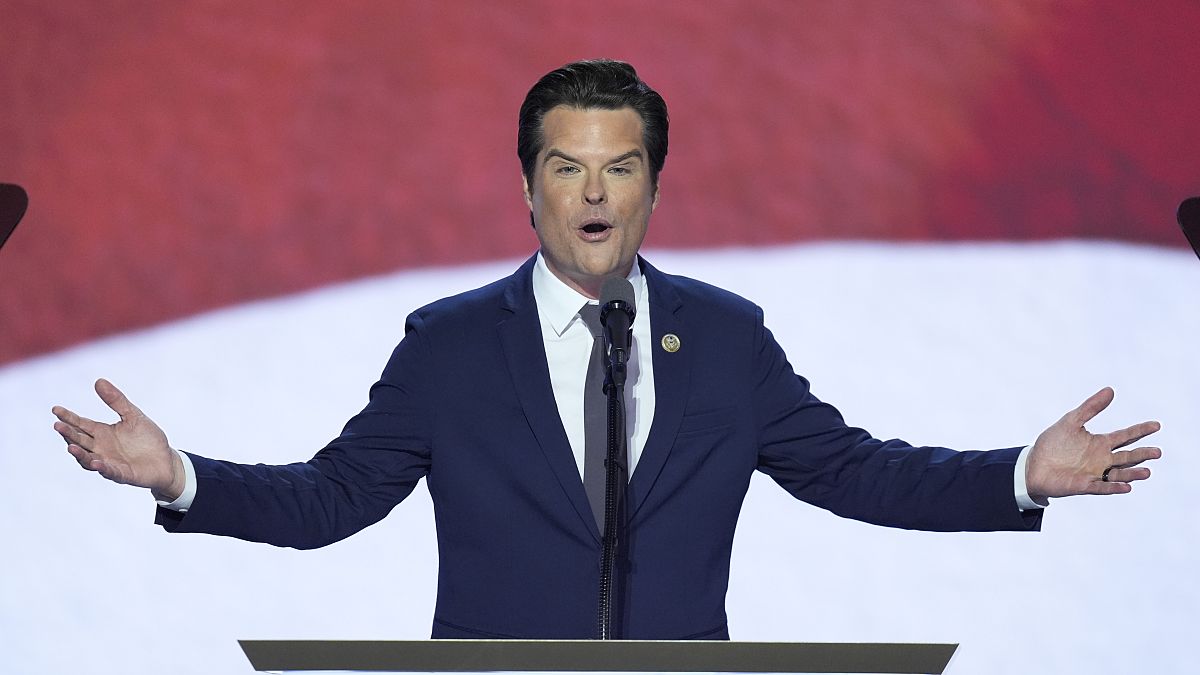Following the 2024 U.S. presidential election, which saw Donald Trump and JD Vance defeat Kamala Harris and Tim Walz, the European Parliament debated the future of EU-U.S. relations under the new administration.
The European Parliament debated the future of EU-US relations under the new Trump administration on Wednesday.
In their debate, MEPs considered how to engage with the new administration to address challenges and leverage opportunities for both regions as the EU seeks stable transatlantic relations.
With Trump set to be inaugurated in January 2025, MEPs assessed how the political shift affected shared priorities between two of the world’s largest economies – the EU and the US.
“Trump has threatened to impose customs tariffs to the tune of 10%. If he saw through that pledge, that would have an impact on our economies,” said High Representative of the EU for Foreign Affairs and Security Policy Josep Borrell.
“He’s talked about 60% tariffs on all Chinese product, that will have an impact on global markets. The Chinese goods that could not access the US market may flood our markets. And what about migration policy? There are moral and humanitarian issues that arise here.”
The US is Europe’s most long-standing ally and its main security provider. The EU therefore wants to give its new president a chance.
EU leaders from across the political spectrum agree that dialogue is paramount to ensure the time-honoured alliance survives Trump's uncompromising "American First" mindset, which is directly at odds with the bloc's deep-rooted dedication to the rules-based order.
Analysts have warned of ECB rate cuts, euro weakness and a recession risk in the wake of Trump's victory - which could harm Europe's economy as proposed 10% US tariffs risk hitting European exports such as cars and chemics, eroding Europe's GDP by up to 1.5% or about €260 billion.

 By Euronews | Created at 2024-11-13 23:36:23 | Updated at 2024-11-22 01:53:51
1 week ago
By Euronews | Created at 2024-11-13 23:36:23 | Updated at 2024-11-22 01:53:51
1 week ago








